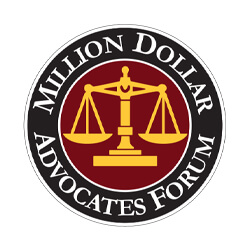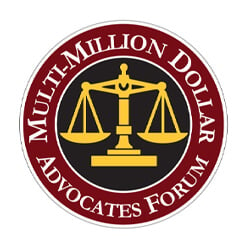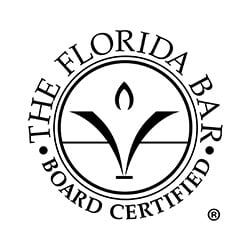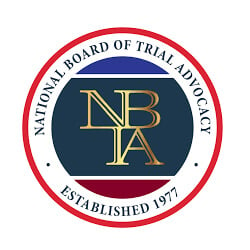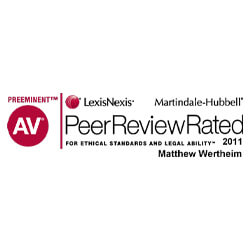Nursing Home And Elder Abuse FAQ
At Ford, Dean & Rotundo, P.A., we understand that navigating issues of elder abuse and nursing home neglect is difficult. If you believe that your loved one may be at risk, or if they have already become the victim of substandard care, you likely have many questions. How can you prevent your loved one from additional suffering? How can you make sure the person or party responsible for the abuse or neglect is held accountable? What options do you have when it comes to obtaining the justice that you and your family so rightly deserve?
Our Florida nursing home abuse attorneys are here to answer your questions and address any concerns you may have. Here, we have compiled some of the most frequently asked nursing home and elder abuse questions we see at our firm. Browse our nursing home abuse FAQ to find the answers you need or contact us directly to discuss the unique details of your specific case during a no-cost, no-obligation consultation.
Reach us online or by phone at . Based in North Miami Beach, we represent individuals and families throughout the state of Florida.
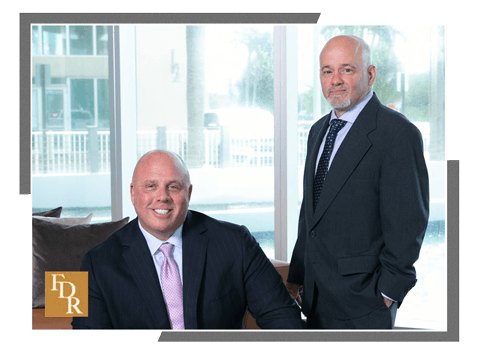

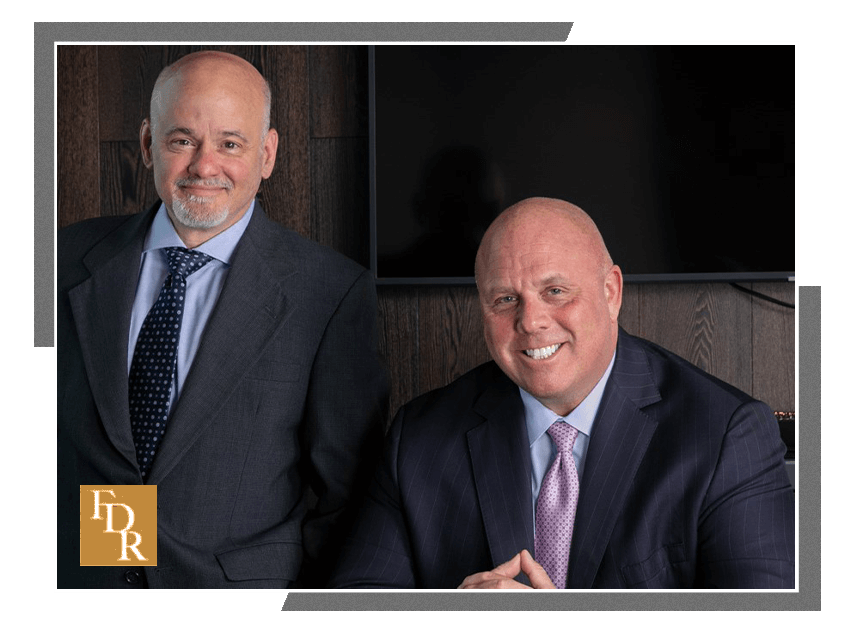
What are the signs of nursing home abuse or neglect?
If your loved one lives in a nursing home or is under the supervision of a professional caregiver, then it is important that you know and look out for signs of elder abuse and neglect. Often, elderly individuals cannot speak up for themselves. It is critical that you, as a family member or loved one, are aware of and report any suspected mistreatment right away to prevent future suffering.

Some of the most common signs of nursing home abuse and neglect include the following:
- Unexplained injuries, such as bruises, cuts and broken bones
- Falls and fall-related injuries
- Bedsores, or pressure ulcers
- Malnutrition and/or dehydration
- Untreated infections and sepsis
- Signs of physical or chemical restraint or sedation
- Medication errors, including underdoses or overdoses
- Changes in mood or behavior
- Increased agitation, irritability or aggressiveness
- Apparent fear, crying or distress
- Unwillingness to be or speak in the presence of a caretaker
- New or worsened anxiety, depression or a similar mental health condition
- Poor personal hygiene
- Unsanitary conditions (e.g., soiled clothing or sheets, general uncleanliness, etc.)
- Elopement or wandering
- Unexplained withdrawals from bank accounts
- Changes in a financial situation
- Modifications to a will, trust, power of attorney or similar directive
Our Experienced Team
Protecting the Vulnerable
Frequently Asked Questions
Q: What is elder abuse?
In Florida, elder abuse is defined as any threatened or actual act carried out willfully by a caregiver, including both individuals and facilities, against an elderly individual that causes or is likely to cause bodily injury, emotional or mental harm, or other forms of impairment. This includes both acts and omissions, meaning that conduct can be classified as abuse whether it was an actual act that caused injury or harm or a failure to perform an act, resulting in injury or harm.
Q: What is nursing home abuse?
Nursing home abuse is typically used as a catchall phrase to refer to any type of elder abuse or neglect that occurs in a senior living facility such as a nursing home, an assisted living center or a similar environment.
Like elder abuse, nursing home abuse can take many forms. The different types of nursing home abuse include neglect, physical abuse, sexual abuse, emotional/mental abuse and financial abuse. Each of these types of abuse is devastating, often leading to significant, long-lasting implications for both the victim and their loved ones.
Q: Is nursing home abuse different from neglect?
Nursing home abuse and neglect are similar, but there are several key differences that set them apart from one another. Specifically, nursing home neglect is a form of abuse that involves general negligence and/or the failure to provide adequate care that meets acceptable standards. In contrast, nursing home abuse typically involves actual acts against nursing home or assisted living facility residents that result in bodily injury or emotional, mental and/or financial harm.
Examples of nursing home neglect include poor nutrition, medication errors, failure to adequately care for or supervise residents, failure to provide for a resident’s basic needs, unsanitary living conditions, neglect of personal hygiene, improper fall prevention and insufficient response to medical needs, among many others.
Q: How can I find a reputable nursing home?
Making the difficult choice to place an elderly loved one in the care of a nursing home or assisted living facility can be all the more challenging when you realize just how pervasive elder abuse and neglect are in the U.S. Fortunately, there are many reputable senior living facilities that provide residents with the level of care, support and respect they deserve.
Finding the right facility for your loved one requires some research. You will want to find a facility that is both practical and trustworthy. Often, the best starting point is researching online. Narrow your search to a specific area – if possible, the closer to home or a trusted relative it is, the better. Look for online reviews from residents and their loved ones as well as ratings from trusted sources, like Medicare and ProPublica. You can also review various “watchlists,” which provide information on nursing homes and other assisted living facilities that have failed to meet acceptable standards or have received warnings.
While the internet offers plenty of advantages when it comes to researching a reputable nursing home for your elderly loved one, there is no substitute for visiting in person. If possible, you should always visit potential nursing homes or assisted living facilities. While there, do not be afraid to ask the staff any questions you may have regarding residents’ care, social activities, medical services, safety procedures and more. You should also pay attention to the overall condition of the facility. Does it seem clean and sanitary? Do residents appear happy? What is the staff-to-resident ratio? Is there a lot of natural light? Do residents have their own rooms? How many medical professionals are on staff? What activities are available to residents? These and other questions can help you decide if a facility is the right place for your loved one.
Q: Can I sue a nursing home or assisted living facility for abuse or neglect?
Yes, you have the right to file a lawsuit against a nursing home, long-term care center or similar assisted living/senior living facility if you believe that it has failed to provide an acceptable standard of care to yourself or a loved one. To have grounds for a lawsuit, you will likely need to prove that the facility owed a duty of care to your elderly loved one when they were a patient or resident, but that it failed to uphold this duty of care, typically by providing substandard care, operating in a negligent manner or exhibiting wrongful conduct like abuse. You will also need to prove that you and/or your loved one suffered measurable damages, such as medical expenses or pain and suffering, as a result of the abuse or neglect.
Q: How long do I have to bring a lawsuit against a nursing home or assisted living facility?
According to the relevant statute of limitations, you typically have two years from the date of the incident to bring a claim against a nursing home or assisted living facility. However, every situation is unique. If you wait too long, you may miss out on your opportunity to pursue compensation. Contact our legal team at Ford, Dean & Rotundo, P.A., to discuss what time frame applies in your case.
Q: Can I bring a lawsuit on behalf of my family member against a nursing home or assisted living facility if they have died?
Yes. If you are a spouse, child, parent, sibling or other family member, you have standing to bring a claim on behalf of your abused loved one for the harm they suffered in a nursing home or assisted living facility. We can help you pursue a wrongful death claim; contact our Florida nursing home abuse attorneys at Ford, Dean & Rotundo, P.A., today for a complimentary consultation and case evaluation.
Q: How long does it take to prosecute a case against a nursing home or assisted living facility?
In general, it takes approximately four years to prosecute a personal injury case through trial, across the state. However, at Ford, Dean & Rotundo, P.A., we are typically able to conclude cases within 12 to 18 months. We know how difficult it can be to deal with a lawsuit that drags on forever. Our lawyers will do everything in our power to resolve your case as quickly and favorably as possible.
Q: Do I have to obtain my family member’s medical records in order to retain [nap_names id="FIRM-NAME-1"]?
No. We will obtain complete copies of all relevant medical records, bills and insurance information.
Q: What part of Florida do you practice in?
Though we are based in Miami, we handle elder abuse and neglect cases in every county across Florida. We also handle complex cases involving multiple states and federal jurisdictions.
Q: Do I have to travel to your office to retain your services?
No. Although you are always welcome to make an appointment to speak with us in person, you do not have to come into the office for the initial consultation. If you decide to move forward with our services, we can have the contingency fee contract (which is approved by the Florida Supreme Court) delivered to you via email, fax, overnight mail or regular mail. You can return the signed contract in the same manner.
Please note that once the case is filed, your in-person attendance at depositions or mediation may be necessary. Those will be scheduled in the county in which the case is being brought.
Q: Will I have to pay money out of my own pocket to bring the claim?
No. Our attorneys work on a contingency fee basis. That means that we pay all of your costs upfront and are repaid at the end of the lawsuit only if we make a recovery on your behalf.
What should I do if I suspect my loved one is a victim of abuse?
If you notice anything unusual or have any reason to suspect that your elderly loved one may be the victim of nursing home abuse or neglect, take immediate action. If necessary, call 911. Otherwise, you can report the abuse to Adult Protective Services (APS) by phone at 1-800-962-2873 or online at reportabuse.dcf.state.fl.us. Reporting is available 24/7. You can also file a complaint with your local long-term care ombudsman.
Once you have made sure that your loved one is not in immediate danger, you can begin taking legal action against the liable caregiver or senior living facility. It is important that you reach out to an experienced nursing home abuse attorney, like one of ours at Ford, Dean & Rotundo, P.A. These cases are very complex, and proving negligence can be extremely difficult. A lawyer at our firm can review the facts of your case and build the strongest possible argument on behalf of your loved one.
We Can Help Your Loved Ones
Suspect An Elder Is Suffering From Abuse And Neglect?
We stand up for elders and their families in cases against living facilities, adult day care centers and other care providers.
Is Your Loved One Suffering From Bedsores?
Does Your Loved One Have Unexplained Injuries?
Contact Us
We Are Ready To Help
What We Value
The Ford, Dean & Rotundo, P.A., Difference
Holding wrongdoers accountable
Protecting the vulnerable
Standing up for those who have no voice
Seeking the truth in all situations




